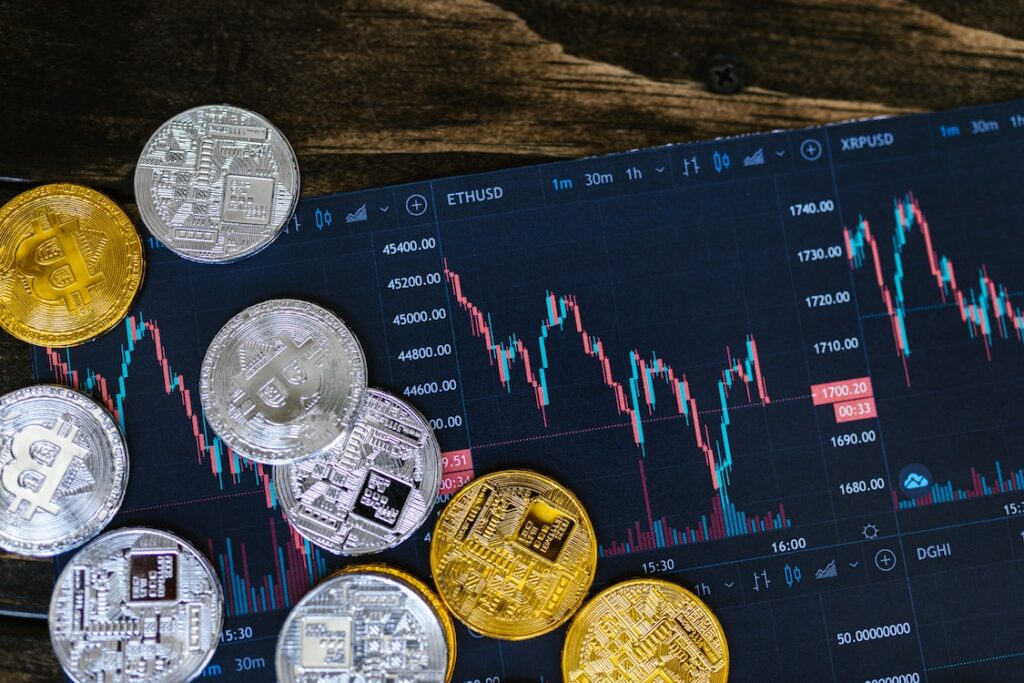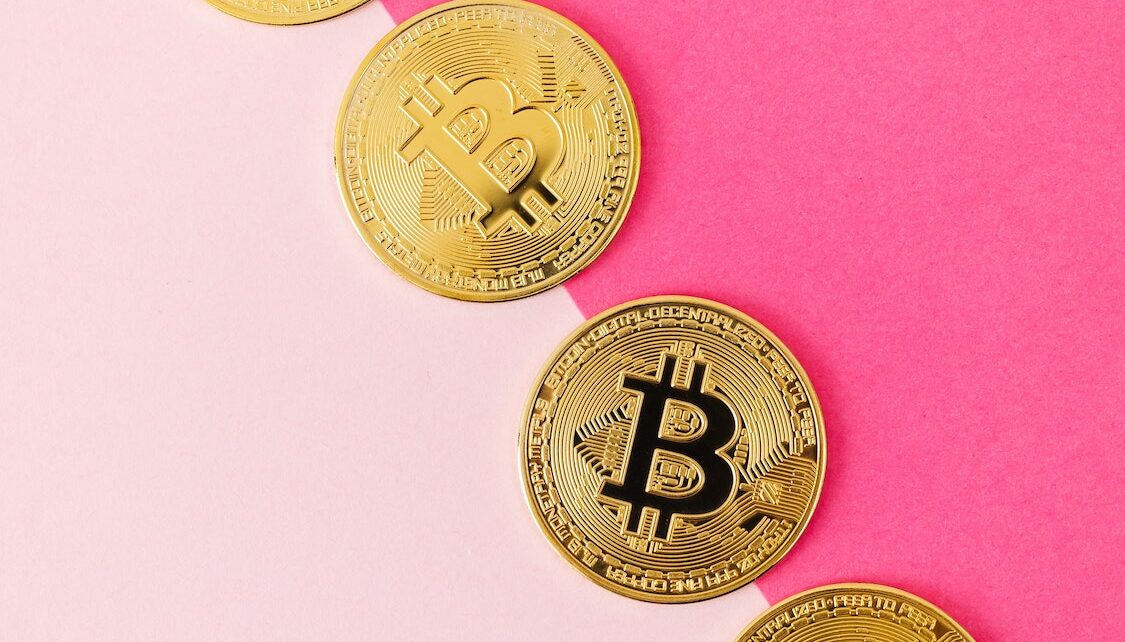Cryptocurrency regulation is still an issue, though. Since this technology crosses borders, it is not clear how successful any regulations will be. It is, however, important to note that some regulations are already underway. For example, the government of China has launched a regulatory effort, but it is unclear whether it will be effective. In the meantime, it is important to understand that these regulations are still in their early stages. So, it is important to understand them thoroughly and decide which ones make sense for you.
Bitcoin
What is Bitcoin? Bitcoin is a decentralized digital currency that operates on the blockchain. This means that each transaction is verified by network nodes using cryptography, which is then recorded in a public ledger known as a blockchain. There are numerous ways to invest in bitcoin, and many individuals and businesses are using it to make purchases, pay bills, and transfer money. If you want to invest in Bitcoin, here are a few of the best options.
Unlike traditional currencies, cryptocurrencies are issued by independent individuals and not by a central authority. They are decentralized and secure, and are denominated in terms of virtual “tokens” represented by ledger entries in the system. These virtual tokens are secure and encrypted using cryptography techniques such as public-private key pairs and elliptical curve encryption. This ensures that only valid transactions are recorded.
The value of a bitcoin depends on its supply and demand. The supply of bitcoin is the number of units in circulation, and the demand for it is determined by how much people are willing to pay for them. As long as these two factors balance each other, the value of a cryptocurrency will always remain the same. The demand for a bitcoin is also based on how valuable the user finds it to be. For example, many people like to spend crypto because it gives them a feeling of pride that they are supporting a new financial system. Others prefer to use it for shopping because of the low fees.
Ethereum
The Ethereum crypto currency is second only to Bitcoin in market capitalization, despite being a decentralized open source blockchain. It enables the creation of smart contracts, which are decentralized apps. The Ethereum crypto currency, Ether, is the native currency of the platform, and is second only to Bitcoin in market capitalization. Here’s a quick primer on how Ether works. It’s a decentralized cryptocurrency that operates on a decentralized platform.
Investors can buy Ether directly or invest in companies developing applications using the Ethereum network. They can also invest in professional investment funds such as Bitwise Ethereum Fund and Grayscale Ethereum Trust. However, before investing in Ether, investors should consult a financial adviser to ensure that they are taking on the correct risk. Because of the potential volatility, investors should only invest money that they can afford to lose. It’s important to remember that the Ethereum network is growing at a rapid rate.
Ethereum works similarly to Bitcoin. It works in the same way – it can be used for peer-to-peer payments, and it can be used to create smart contracts that function by predefined rules. In addition to its use as a currency, Ether can be used as an investment in real estate, art, and even loans. This is great news for those who are unable to use centralized banks and cannot afford to pay high fees.
Litecoin
Litecoin is a decentralized peer-to-peer cryptocurrency. It is an open-source project released under the MIT/X11 license. The project was inspired by the Bitcoin network and was among the first altcoins to be created. Its main chain shares the same codebase as Bitcoin, with a few modifications. This means that users can mine Litecoin using the same hardware and software as Bitcoin.
Litecoin can be purchased or sold through crypto exchanges. A crypto exchange is a virtual marketplace for buying and selling crypto. The exchange is also a way to buy and sell fiat currencies. While security measures are becoming increasingly sophisticated, crypto exchanges are still prone to hacks. You can check the current price of Litecoin on sites such as CoinMarketCap. The currency has shown considerable volatility in its short history.
Litecoin’s public blockchain operates pseudo-anonymously. Although transactions appear anonymous and are stored on a decentralised database, their sources can be traced back to the source, whether it be a hacker or a government employee. However, this is not an unsolvable problem for Litecoin. In addition, Litecoin’s transaction processing speed is much faster than bitcoin.
Litecoin Cash
The Litecoin Cash cryptocurrency currency was created in 2014 and it was the first to support the Bitcoin cash network. The cash network is decentralized, allowing users to send and receive funds in their preferred currency. It’s important to know what are different phishing scams to avoid depleting your funds. The network was the first to implement a large block size of 8MB, allowing for faster transactions. As of February 2017, the network has achieved over $9 billion in market cap. However, its popularity is limited due to the fact that most people consider Bitcoin cash to be a less profitable investment than its predecessor, and it is not taken as seriously as BTC. Even though this is the case, many marketplaces only accept BTC.
Ripple

The Ripple cryptocurrency is an online currency that was developed by a US technology company. This currency works as a remittance and currency exchange network. The technology behind Ripple is called real-time gross settlement. Ripple is an open-source protocol that can be used in any financial transaction. It was created in 2011 and has become increasingly popular as a way to make global payments faster and more secure.
Despite its popularity, Ripple is still a relatively new technology. It is based on the Ethereum blockchain and can perform all the functions of Ethereum, including decentralized applications and smart contracts. Furthermore, Ripple can scale up and down to meet the demands of a growing number of users. Unlike many other crypto currencies, Ripple uses blockchain technology to validate its transactions and is not controlled by a central authority.
The Ripple crypto currency is a different type of cryptocurrency from Bitcoin. It uses its own consensus protocol and aims to enable users to send and receive money worldwide instantly. Many mainstream financial institutions are adopting Ripple as a payment tool. Many users use the Ripple system as a hawala, allowing them to send and receive money in different denominations without using their bank accounts. Despite the name, Ripple cryptocurrency has an interesting history.
XRP
The XRP crypto currency is an alternative currency. It was launched in 2012 and uses a consensus protocol for transaction verification. Transactions are instant, cheap, and trustless, which is an advantage for cross-border movements. Its XRP Ledger enables transactions to be processed in seconds. The transaction fee for XRP is 0.00001 XRP. For the fee to be considered valid, a majority of validators must agree.
To buy XRP, you must purchase it on a cryptocurrency exchange. There are centralized exchanges that allow credit card purchases and decentralized exchanges that accept bank transfers. You can also buy XRP using crypto-to-crypto pairings. XRP is currently available on over 20 exchanges. You can buy XRP for as little as 0.000001 cents with an exchange like Coinbase. Once you have purchased XRP, you can use it on other websites to purchase Bitcoin and Ethereum.
XRP works on a consensus mechanism that uses several bank-owned servers to verify proposed transactions. These servers are known as validators. They verify the proposed transaction and compare it to the XRP Ledger. A validator must vote for a transaction to be accepted. Unlike Bitcoin and Ethereum, XRP does not have a single creator. Its history is more complicated, and multiple individuals were involved in its creation.
XMR
The Monero crypto currency is a decentralized cryptocurrency that uses a public distributed ledger and privacy-enhancing technologies to keep data private and anonymous. Monero transactions are obfuscated, so it is virtually impossible to track or decipher address balances or transaction amounts. Unlike Bitcoin or Ethereum, there are no public records of Monero transactions, meaning that no one can see the details of your transactions or your investment history.
XMR is categorized as a privacy coin, meaning it’s not listed on major exchanges like Coinbase and Binance. However, there are a variety of smaller trading platforms that accept XMR for trading. In addition, many people buy XMR and sell it for a higher price later. The XMR coin is currently trading for about $80. Its main use is as a speculative coin – many traders buy it with the intent of selling it for a higher price later.
Monero is not subject to a cap, which means that there will never be a shortage of XMR. The number of XMR that will be produced is expected to reach 18.4 million by 2020. Monero can serve as a form of value like Bitcoin, but it may not be suitable as a savings currency. However, if you’re looking for a solid privacy coin, Monero may be the right choice for you.




